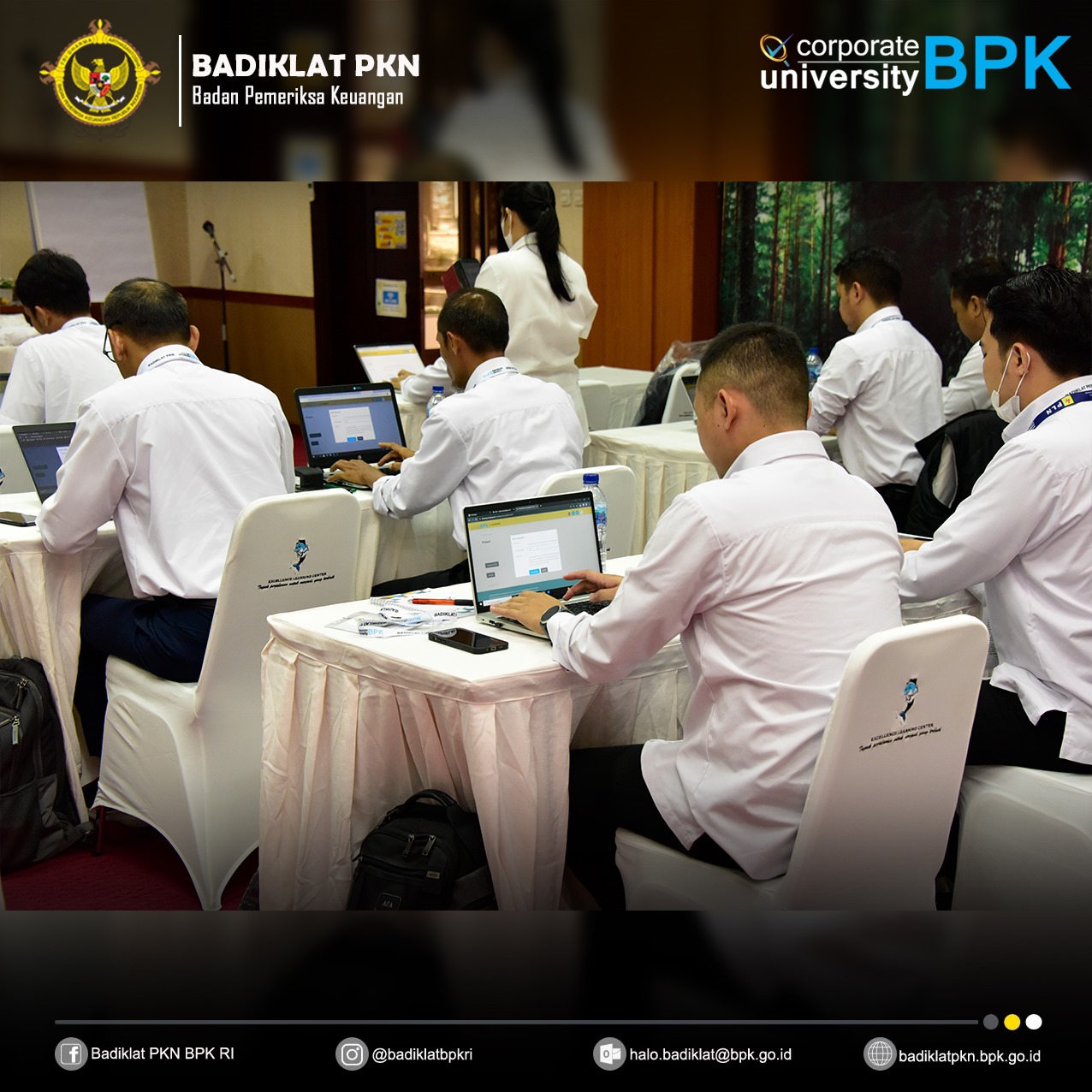 Implementing good organizational governance (Good Governance) requires the support of superior and professional human resources in the field of audits (auditors) that can prevent, detect, and carry out investigative audits of irregularities. Therefore, the Government’s Internal Oversight Apparatus (APIP) plays an important role in implementing Good Governance and eradicating Corruption, Collusion, and Nepotism (KKN) because it has oversight tasks and functions within the scope of its authority.
Implementing good organizational governance (Good Governance) requires the support of superior and professional human resources in the field of audits (auditors) that can prevent, detect, and carry out investigative audits of irregularities. Therefore, the Government’s Internal Oversight Apparatus (APIP) plays an important role in implementing Good Governance and eradicating Corruption, Collusion, and Nepotism (KKN) because it has oversight tasks and functions within the scope of its authority.
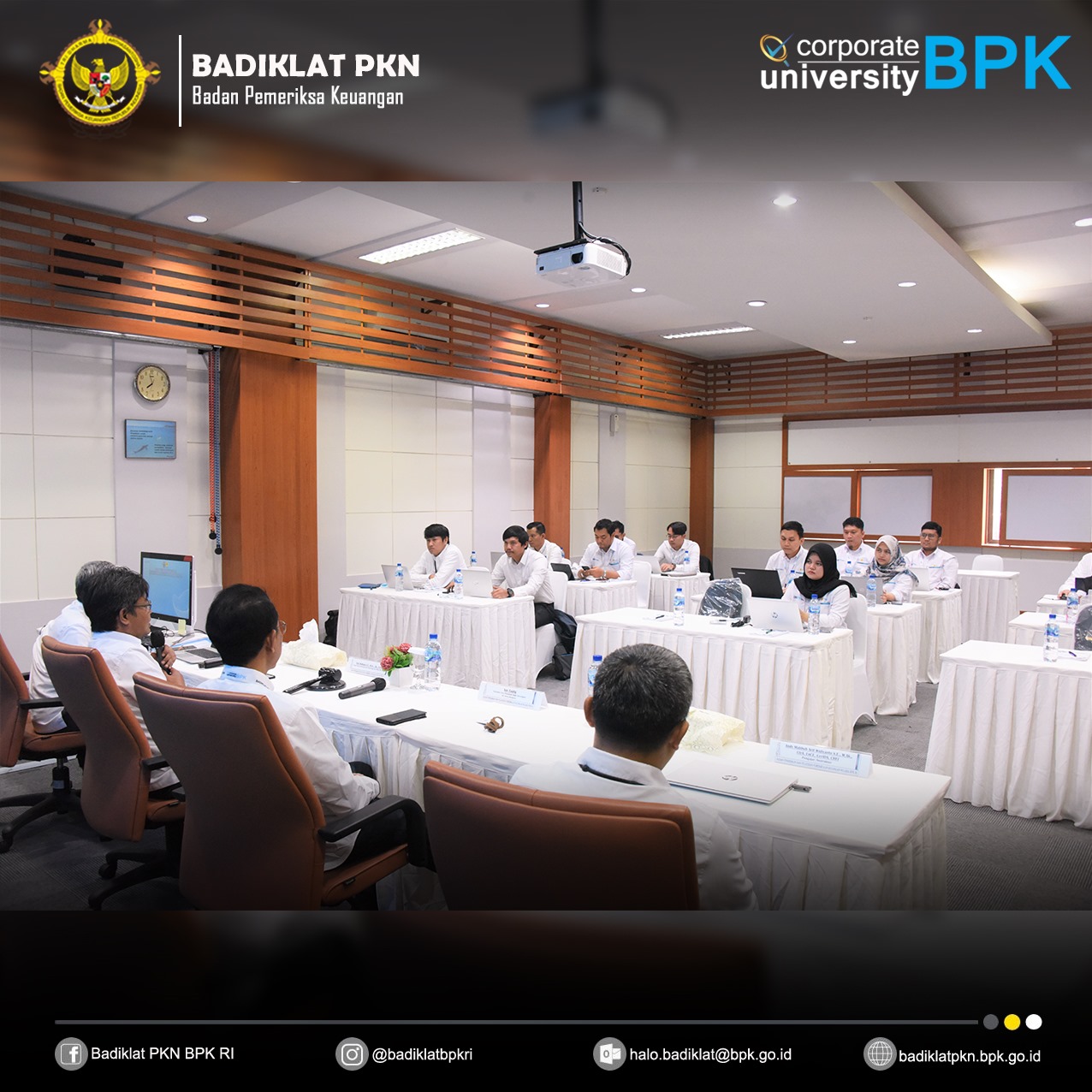
All Parties are fully responsible for fraud control as it is the joint work of management, APIP, External Auditors, and Law Enforcement Officials (APH). Effective fraud control requires a joint commitment to understanding the role of each party, whether APIP, External Auditor, or Law Enforcement Officials. In guarding state/regional financial accountability during an emergency, collaboration, and synergy in roles among APIP-BPK-APH must be carried out from the start, not waiting for problems/violations to arise, and oriented towards preventing leakage of state/regional money.
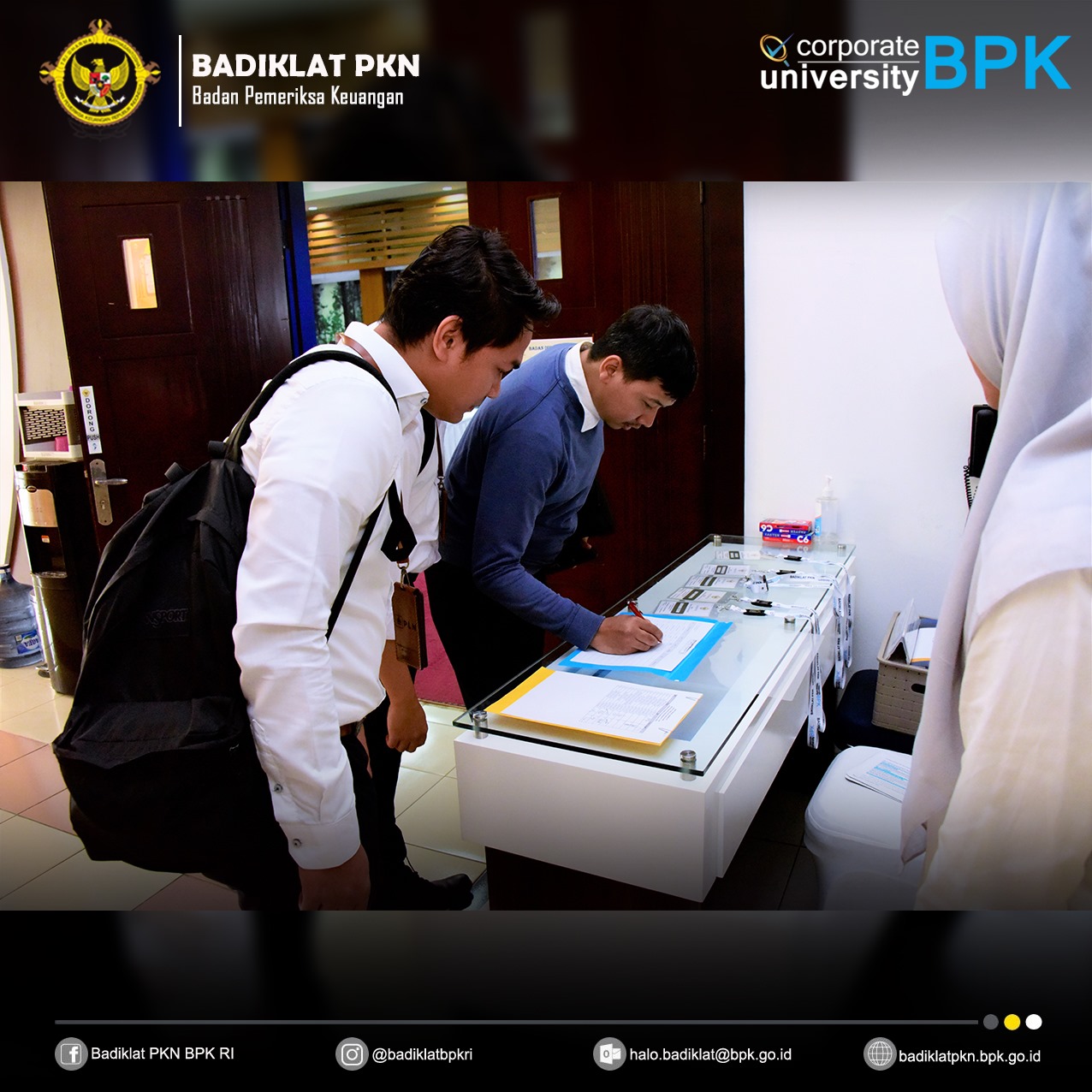
An investigative audit is an audit that is full of legal aspects; therefore, the methods and techniques for searching for evidence used in carrying out an investigative audit must be in harmony with legal aspects, especially the legal aspects of criminal acts and/or state losses as well as aspects of criminal procedural law.
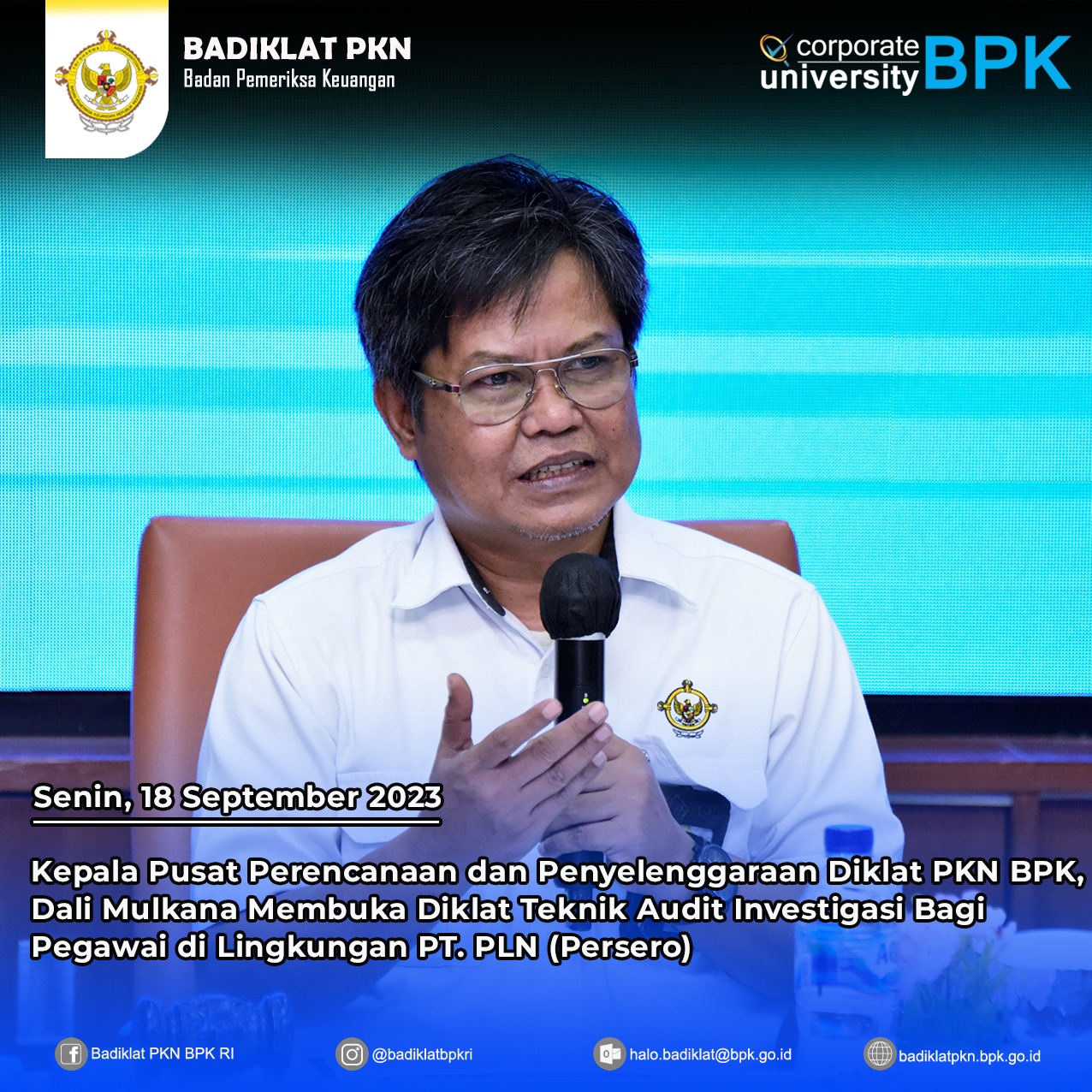
The face-to-face Investigative Audit Techniques training lasted for 4 (four) working days from April 18-21, 2023, and was attended by 40 (forty) employees of PT. PLN (Persero) is divided into two classes. The Director of Planning, Education and Training Centre of State Financial Audit training, Dali Mulkana, opened the training on Monday (9/18).
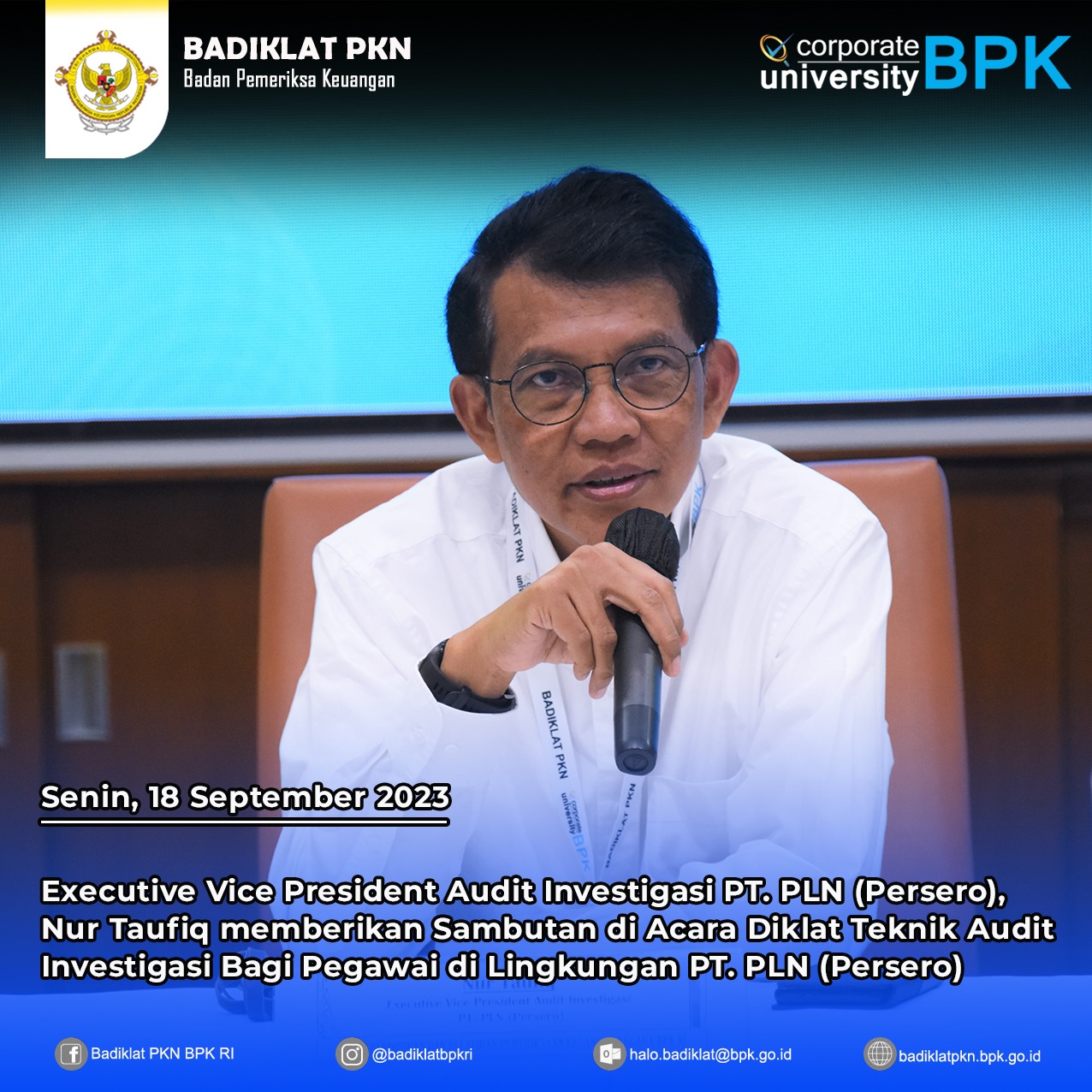
In his speech, PT. PLN (Persero) Executive Vice President of Investigative Audit, Nur Taufiq, explained the training improves insight and knowledge on investigation techniques.
The materials that will be presented in this training include an Overview and Investigative Examination Policy, Techniques for Collection, Analysis, and Evaluation of Investigative Evidence (non-digital), Techniques for Collection, Analysis, and Evaluation of Digital Evidence, Investigative Interview Techniques as well as Reporting investigative examination results and providing expert testimony.
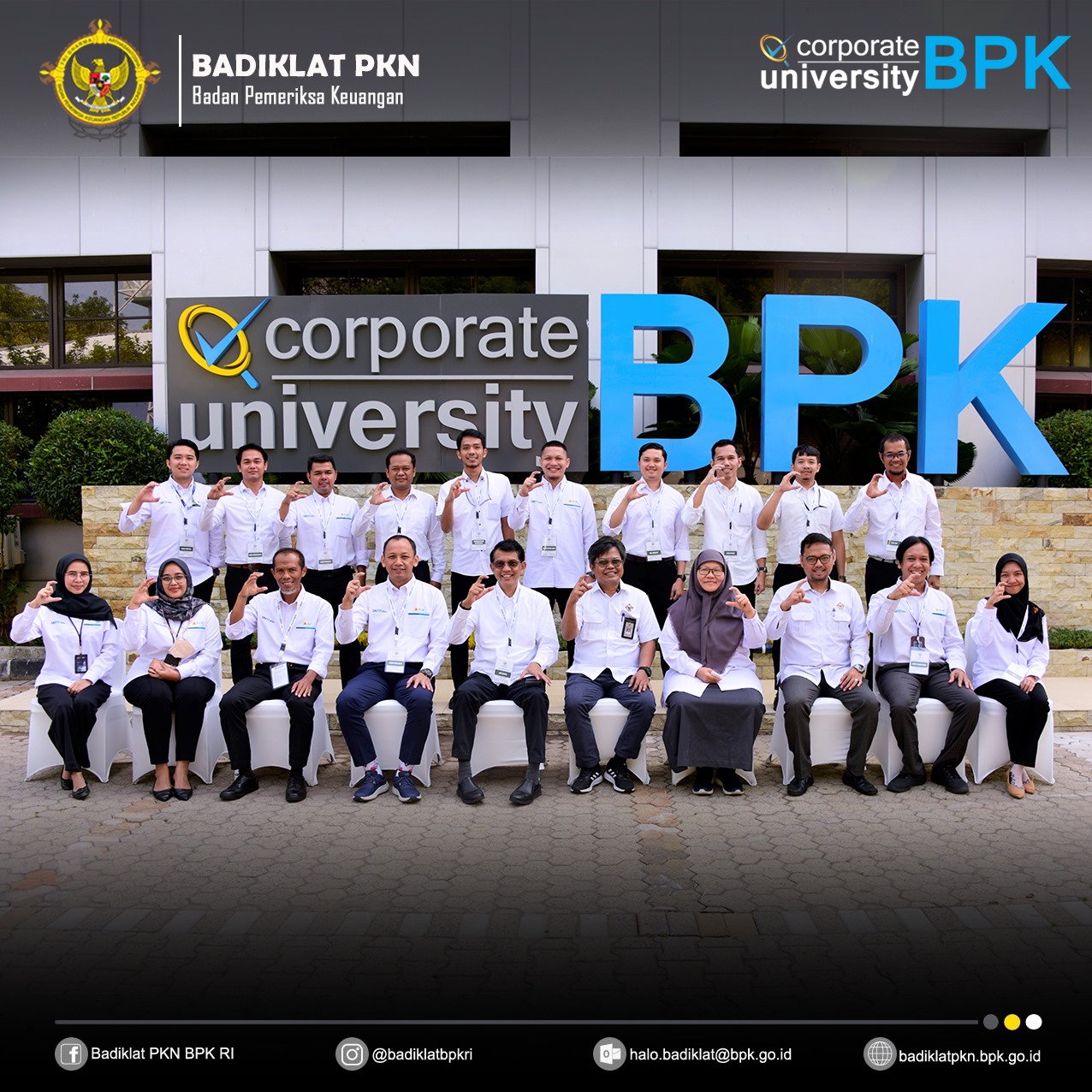
It is hoped that training graduates can become reliable investigative auditors so that they can produce audit results that law enforcement officials can follow up.
